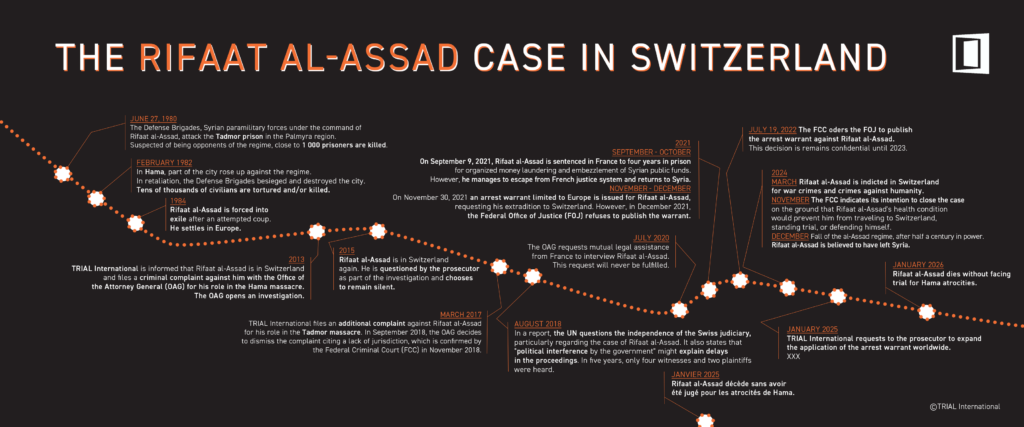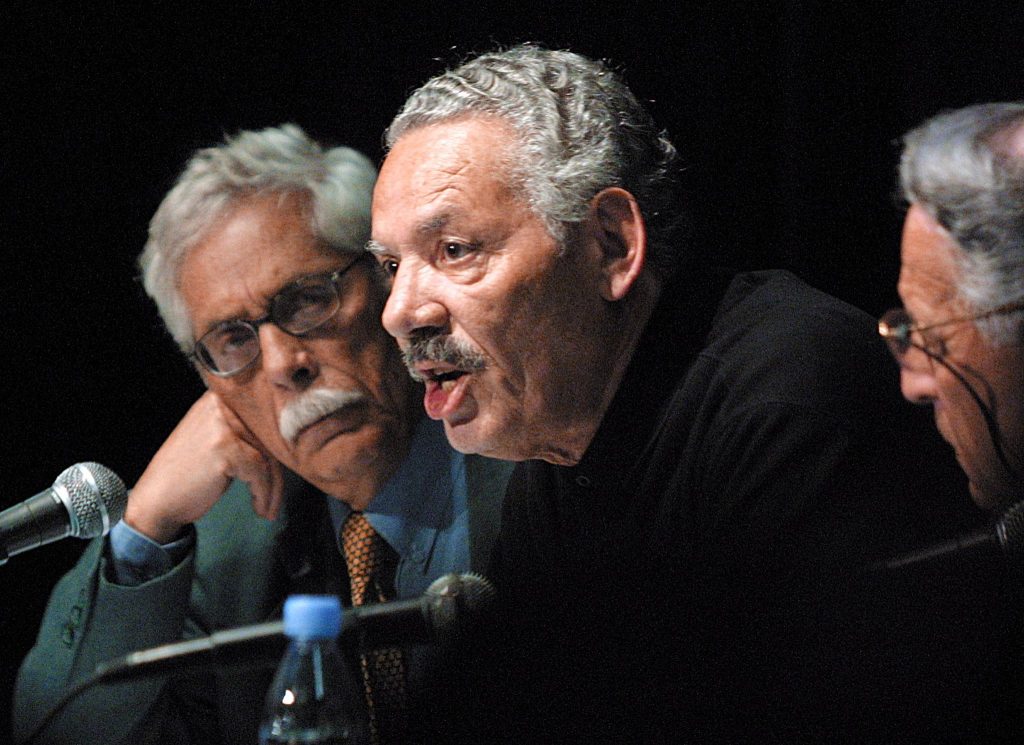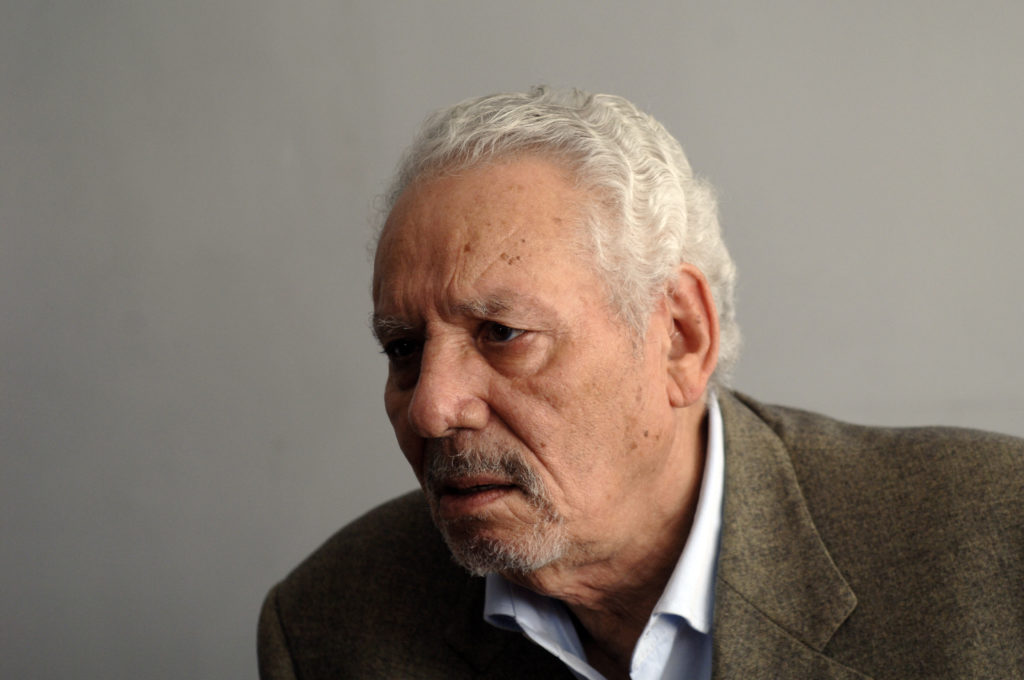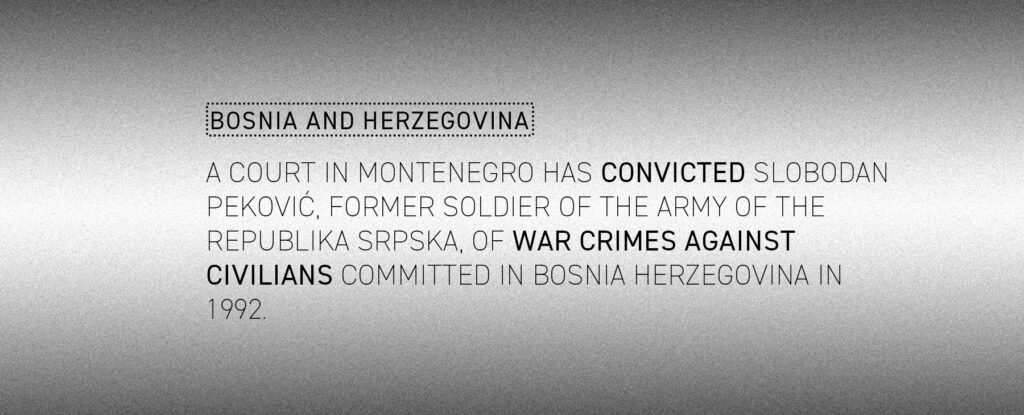Can justice finally prevail? This victim thinks so.
K. (real name withheld) was underage when soldiers of the Republika Srpska Army repeatedly raped her in 1992. Now a woman in her forties, she is more determined than ever to see her assaulters prosecuted and punished.
We had arranged to interview K. in the small city in northeast Bosnia where she lives. As soon as she walks into the quiet restaurant where we are meeting, she exudes strength and resilience. In spite of the crimes she suffered when she was barely more than a child, there is a stamina to her that commands respect. With remarkable openness, she speaks to us for an hour about the Bosnian criminal justice system and her hopes for the future.
Undeterred resolve for 23 years
K.’s quest for justice started back in 1994 when, with outstanding courage for her young age, she reported her rape to the authorities. Her complaint was registered, but the war was still raging across Bosnia and Herzegovina and her case was one of thousands relating to sexual violence: it was gradually forgotten.
K. makes no secret of her frustration at that period, especially since she was able to identify several of the men who raped her: “I was totally unsatisfied with the work of the prosecutor’s office. I was wondering what was taking so long”.
For decades, justice stood at a standstill. When K. approached TRIAL International in 2013, she had lost none of her determination to obtain justice at last. With the help of the NGO, an inquiry has now finally been opened.
What, then, has kept her going throughout all these years? She says she has successful precedents to thank for: “When I hear stories of victims like myself, who saw the perpetrator convicted and were granted compensation, it makes me more persistent and confident.”
Redress means empowerment
When we broach on the subject of reparations, K. is adamant that it is very different from conviction. She regards them as a more personal form of atonement. As another victim pointed out, “perpetrators are sentences by the state but compensation is the punishment that victims get.”
“I think perpetrators should pay compensation in addition to their sentence”, says K. animatedly. “Maybe if they are not in a position to pay they will ask the court to substitute years of imprisonment for money, and I don’t think that is right.”
In that respect, K. does not regard State pensions for wartime survivors as reparation. “I see pensions as social help, not as justice”, she shrugs. Also some of the interviewed victims share her view that pensions are important, but fail to empower victims the way compensations do. It puts them – once again – in a passive position.
“The perpetrators should think about the crimes they committed every time they pay me money. It is important as a symbolic measure, a deterrent for the future. These crimes cannot happen again.”
As the interview ends and we leave the restaurant, K. reiterates her belief that justice will prevail: “Even though it has been 23 years, I do believe that one day perpetrators will be arrested and prosecuted. I really do.”
Read the full report: Compensating Survivors in Criminal Proceedings, Perspectives from the field








